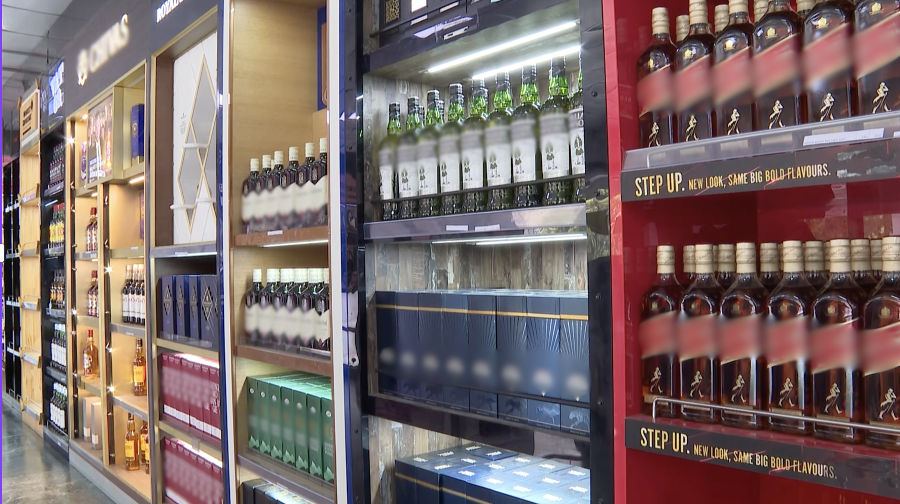 Following the parliament’s approval of the implementation of the excise bill from January next year, the government will impose temporary restrictions on the import and distribution of certain controlled goods starting this Friday. These goods include alcohol, pan masala, and tobacco. This measure aims to avoid stockpiling and hoarding of these goods by businesses before the new tax takes effect.
Following the parliament’s approval of the implementation of the excise bill from January next year, the government will impose temporary restrictions on the import and distribution of certain controlled goods starting this Friday. These goods include alcohol, pan masala, and tobacco. This measure aims to avoid stockpiling and hoarding of these goods by businesses before the new tax takes effect.
The interim regulatory measures are to prevent market disruption and hoarding of controlled goods.
The Department of Revenue and Customs says importers and distributors will now need import permits for these goods. They can only import and sell limited quantities until November this year. The department will enforce a complete suspension of imports in December.
The department says the businesses must ensure that the imports in November meet the domestic demand for December.
Even locally made alcohol and beer will only be released to verified distributors and retailers with monthly quotas.
For individuals, limits will also apply. For example, an individual can only bring in 800 cigarettes or 150 cigars per month for consumption.
The director general of DRC, Sonam Jamtsho said, “No new businesses will be allowed to enter the market during this period. We will allow only those businesses that have been importing these items in the country so far.”
Officials say the risk of hoarding is higher with excise tax as it targets specific products like alcohol and tobacco, creating a clear before-and-after price gap.
He says businesses may make profits by stocking up before the tax hike and selling later at higher prices.
“Take Rajnigandha for example. It currently costs around Nu 70 to 80. With the excise tax, it may go up to 110. That’s why people might try to stock up now and sell later at higher prices,” added Sonam Jamtsho.
He says these measures will stabilise the market before the new excise law takes full effect next year.
Authorities warn that anyone caught hoarding or inflating prices during this transition will lose their import permits and face penalties.
The National Assembly adopted the Excise Tax Bill last month, marking a major step in the country’s effort to discourage the consumption of harmful or addictive substances and promote healthier and more sustainable choices.
Samten Dolkar
Edited by Sangay Chezom






